The best part of owning an RV is that it offers you the freedom to explore the open road within the comfort of a modern home. However, you’ll need a proper air conditioning unit to achieve that level of comfort. Depending on where you’re going, a good AC unit can make the difference between a pleasant trip and an uncomfortable one, especially during the summer months. Therefore, you’ll need to know what to consider when buying an AC unit for your RV before purchasing one. You can rest easy after following this advice, knowing you made an informed decision.
How Much Power Will It Use?

Even though you can plug your RV into an available port when you get to the campground, While you’re on the go or camping in the middle of nowhere, monitoring your RV’s power consumption will become much more important. RVs have limited energy resources, so you must ensure your new AC unit won’t drain your power supply too quickly. Typically, RV air conditioners run on either 110V or 220V. We measure the power they consume in BTUs (British Thermal Units). The higher the BTU rating, the more power the unit will consume.
It’s critical to check your RV’s power capacity and compare it with the AC unit’s requirements. This comparison won’t be quite as vital if you only plan to use it when plugged in, but taking the time to understand your power limits will help you choose a unit that best fits your RV. Keep in mind that high-power units may require modifications to your RV’s electrical system, adding to the overall cost and complexity of the installation if you want the strongest unit possible.
What Is Its Energy Efficiency Rating?
Energy efficiency is another essential consideration when buying an AC unit for your RV. The energy efficiency rating, or the EER (Energy Efficiency Ratio), indicates how effectively the unit converts electricity into cooling power. A higher EER means the unit is more efficient, which can save you money on energy costs and reduce your environmental impact.
Look for RV AV unit models with a high EER when shopping for one. This information is usually available in the product specifications. Choosing an energy-efficient unit will reduce your power consumption and maintain a comfortable temperature inside your RV without causing your generator to overheat.
What Is Its Cooling Capacity?
We also measure cooling capacity in BTUs, and the right size depends on the size of your RV and the climate conditions you’ll encounter. A unit with a lower cooling capacity will struggle to keep your RV cool, while an oversized unit may cool the space too quickly without properly removing humidity, leading to a clammy atmosphere.
Consider the square footage of your living space and your RV’s insulation quality to determine its cooling capacity. Generally, an AC unit with a BTU rating of 13,500 to 15,000 should suffice for most RVs. However, you may need a unit with a higher BTU rating if you plan to travel in extremely hot climates or have a larger RV.
What Kind of Weather Will It Need To Function In?

Some units function optimally in moderate climates, while others can withstand extreme heat or cold. It’s essential to select an AC unit that can handle the weather conditions you expect to face.
Consider a versatile unit that performs well in hot and cold temperatures if you plan to travel through various climates. Also, while you might not use your AC in colder climates, you’ll still want to ensure it can withstand the colder temperatures since the unit will be on the outside of your vehicle, so make sure it has the proper insulation. You’ll want to check that the unit has a sufficient amount of ventilation so it doesn’t overheat in warmer climates.
How Big Is the Unit?
The AC unit’s physical size is another important consideration, as it must fit within the available space on your RV’s roof or possibly its interior. Most RV air conditioners fit standard roof openings, but measuring your available space and comparing it with the unit’s dimensions before making a purchase is crucial.
In addition to the unit’s footprint, consider its height and weight. A bulky or heavy unit may affect your RV’s aerodynamics and fuel efficiency and could make it too tall or heavy in extreme scenarios. Opt for a compact and lightweight model that fits your space without compromising on cooling capacity or efficiency.
How Quiet Will It Be?
While not as important as some of the other factors on this list, your camper air conditioner’s noise level is something you’ll want to think about. A noisy unit can disrupt your peace and quiet, making it challenging to relax or sleep. While all air conditioners produce some noise, certain models operate more quietly than others.
Pay attention to the noise levels specified in the product details when shopping for an RV AC unit. Some units feature noise-reducing technologies, such as insulated compressor compartments and vibration-dampening mounts. Additionally, consider reading customer reviews to get a sense of how noisy the unit is in real-world use.
Which Type of Warranty Comes With It?
Since RV AC units can be quite the investment, making sure yours comes with a robust warranty can provide peace of mind and protect the money you’ve put into it. Take note of the warranty terms and conditions when evaluating different AC units for your RV. A good warranty should cover parts and labor for a reasonable period, typically a couple of years.
In addition to the standard warranty, check if the manufacturer offers extended warranty options or additional coverage for specific components, such as the compressor or fan motor. It’s also a good idea to research the manufacturer’s reputation for customer service and support, as those search results can be a valuable resource if you encounter any issues with your AC unit.
How Long Will It Last?
Your AC unit’s longevity is a crucial factor to consider, as a durable unit can save you money and hassle in the long run. While it’s challenging to precisely predict how long an AC unit will last, several factors can give you an idea of its expected lifespan.
First, consider the build quality and materials used in the unit’s construction. High-quality components and robust construction can contribute to a longer-lasting unit. Additionally, look for models with a track record of reliability and positive customer reviews.
Finally, regular maintenance and proper care can extend the life of your AC unit. Follow the manufacturer’s guidelines for cleaning and servicing the unit, and promptly address any issues to prevent further damage.


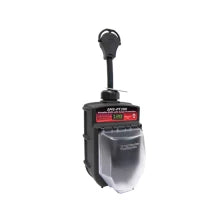
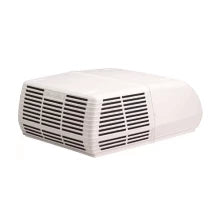
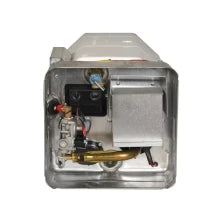
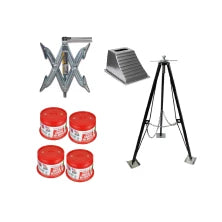
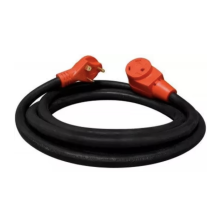
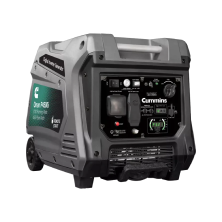
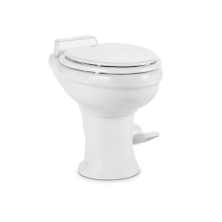
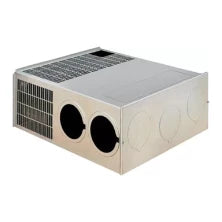
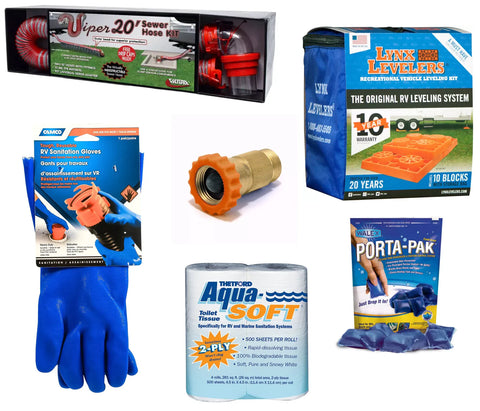
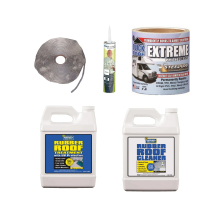
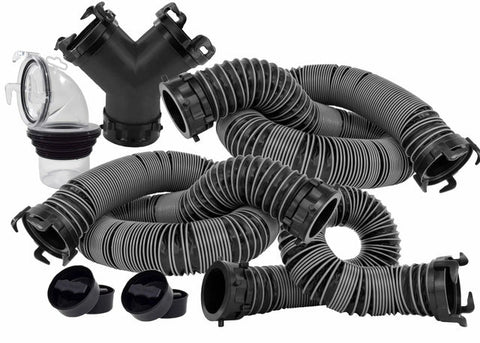
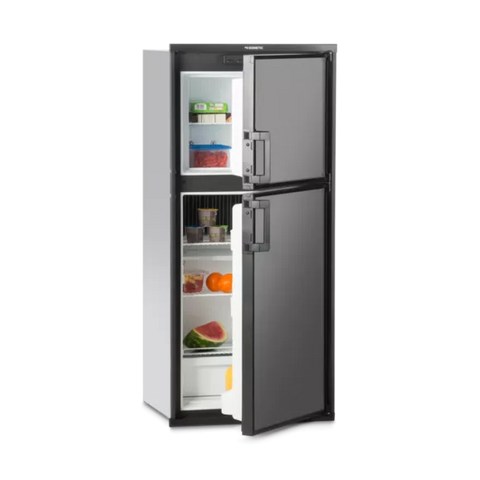
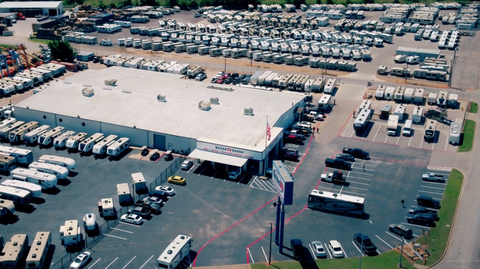
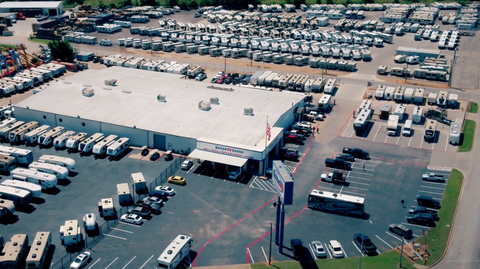
Comments (0)
There are no comments for this article. Be the first one to leave a message!